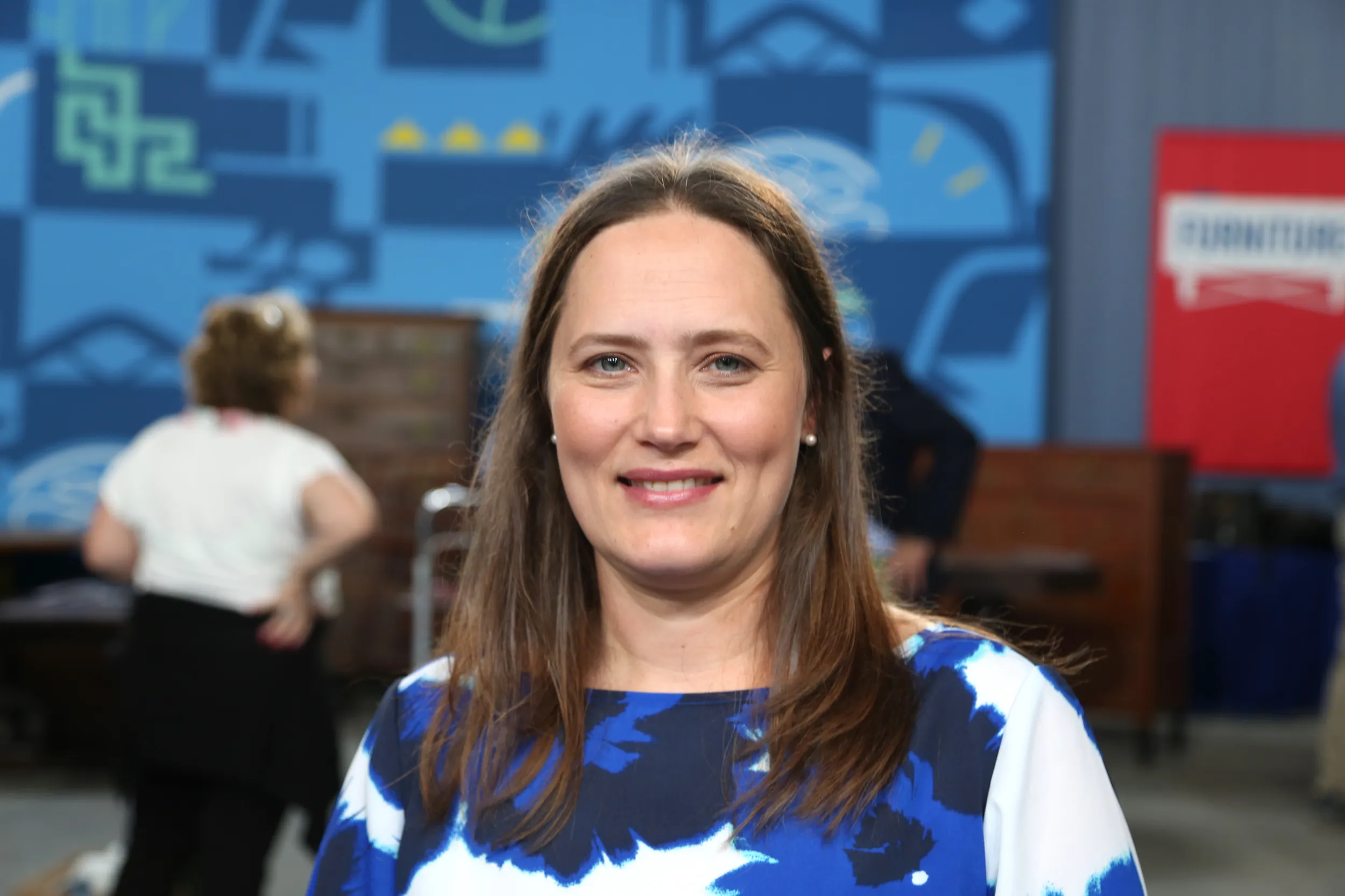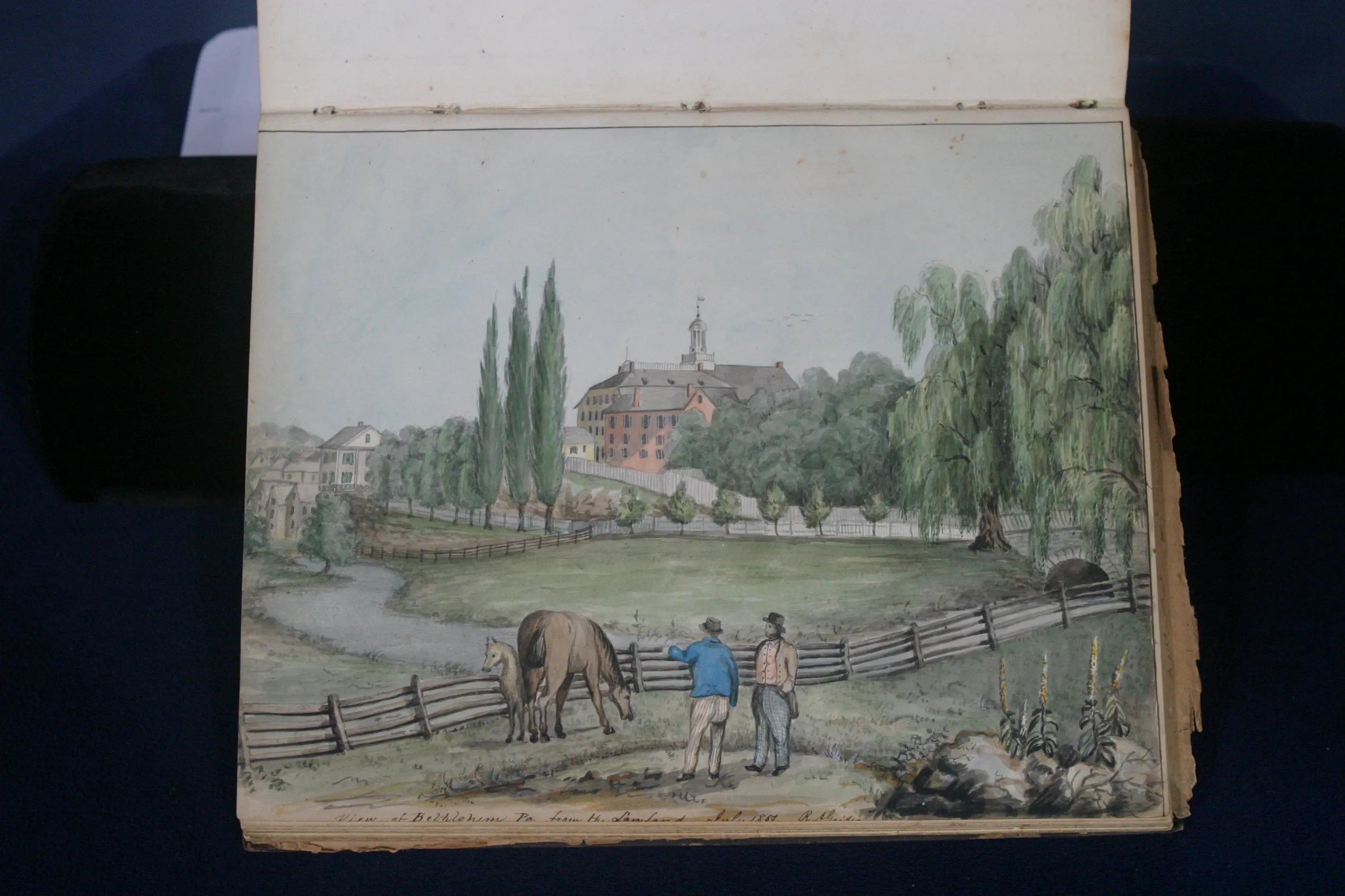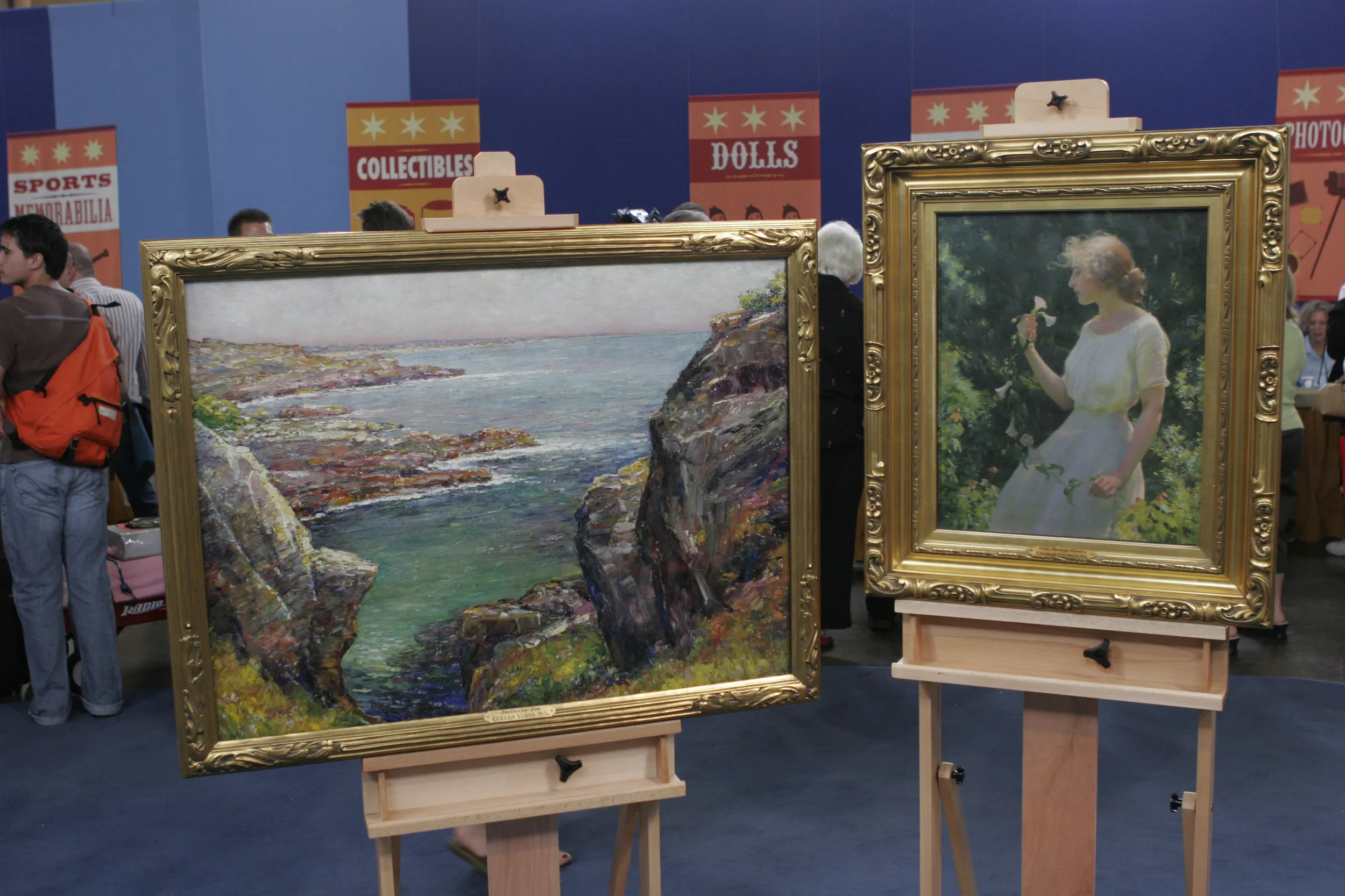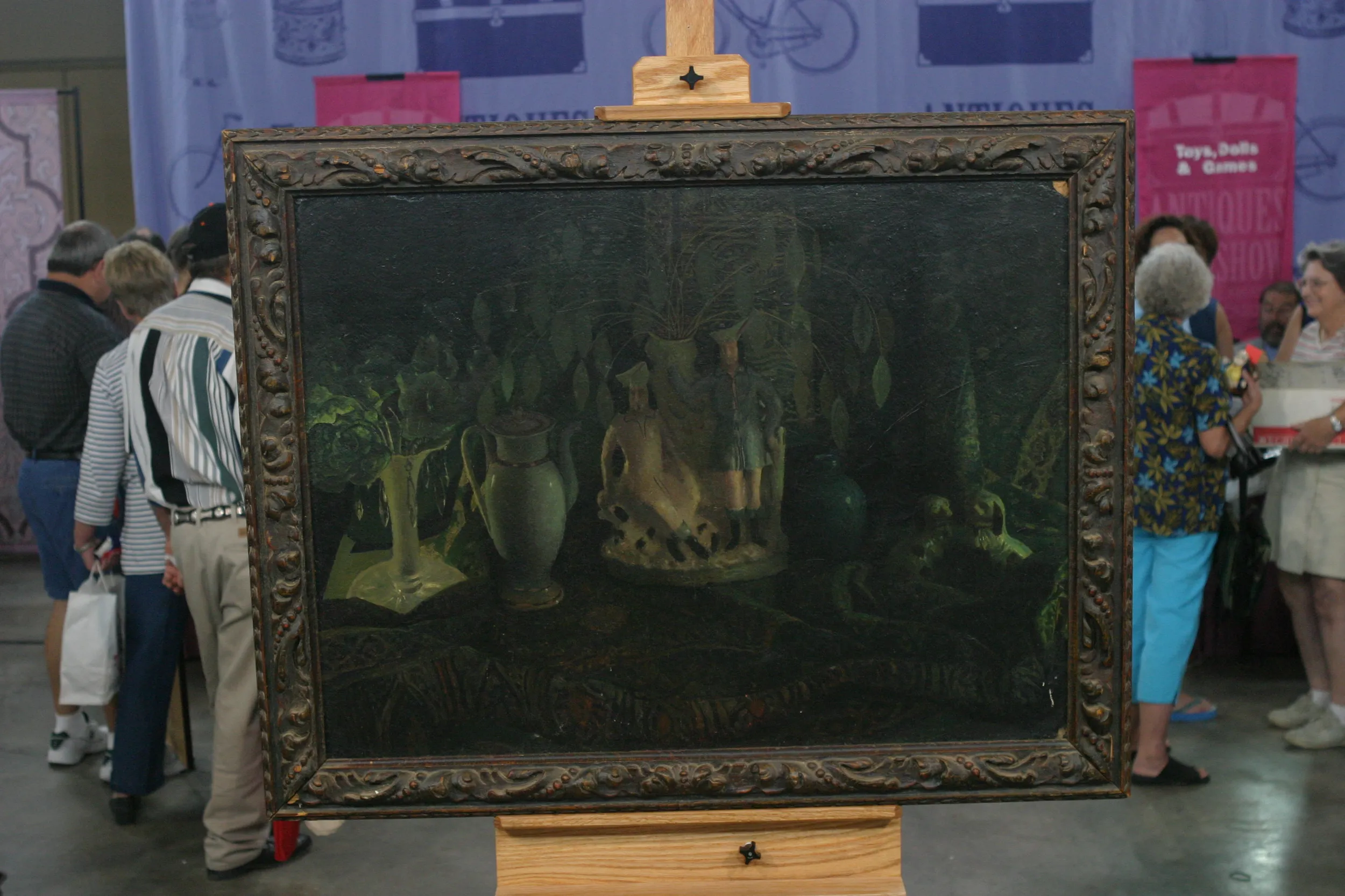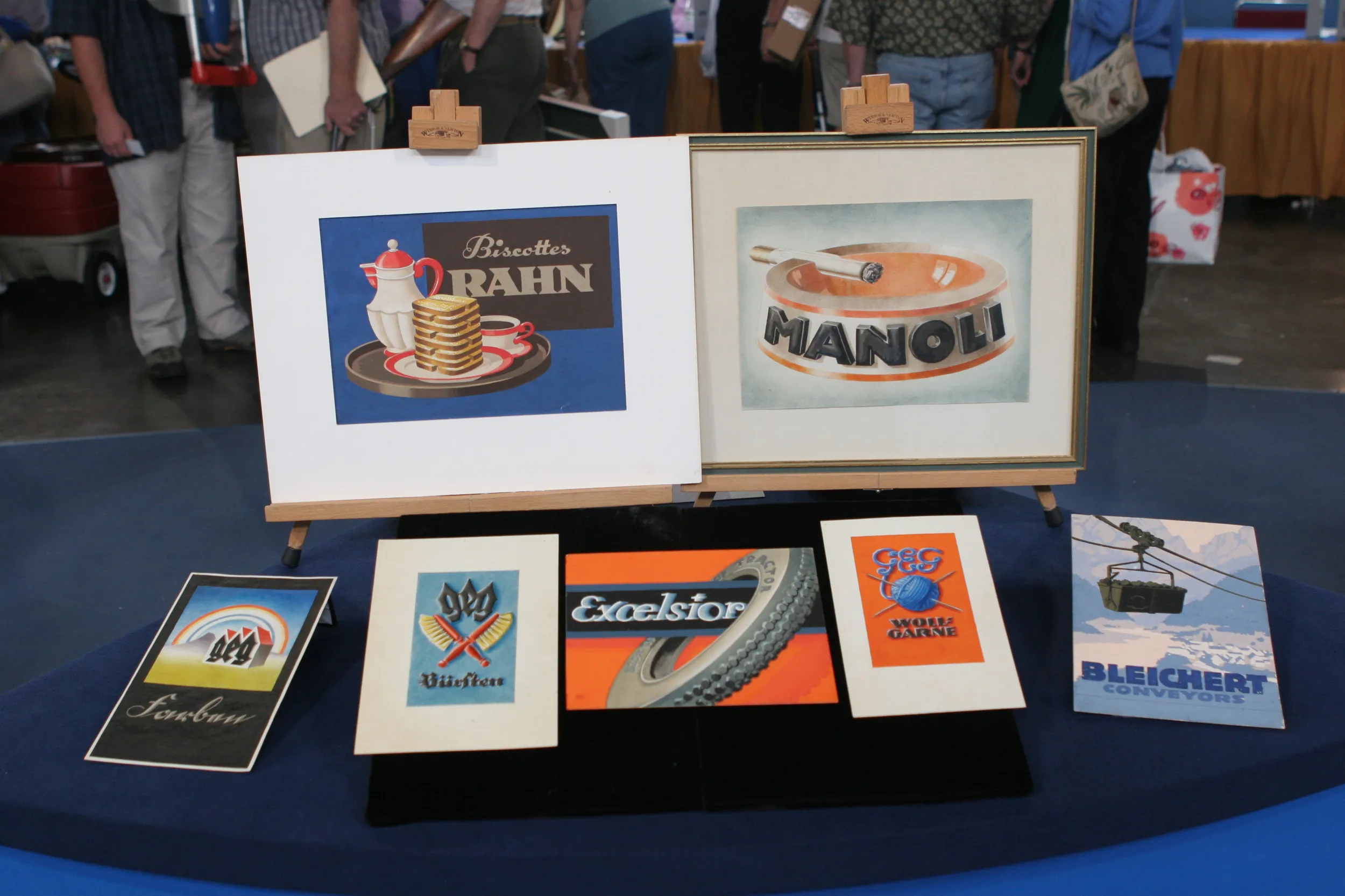GUEST: I brought a painting that I got from my grandmother. It was a painting that she acquired from the artist, I believe sometime in the 1950s or '60s.
APPRAISER: Orville Bulman was born in Michigan, and his father was the inventor of the Bulman paper cutter. So in the early 20th century, pretty much any deli or grocery store that had a roll of butcher paper, or anything on a roll that needed to be cut, was on their invention.
GUEST: Oh, my gosh.
APPRAISER: So he was kind of destined to become the person who was going to run the family business. But he had a love for art, and he started painting, and he just couldn't give up on the painting. He was really self-taught. He never studied art in school, didn't go to college for art. He did move to Florida, to the Palm Beach area, in 1946. And that's really where he began showing as an artist and became quite well known. He became very influenced in the 1950s by Haiti and the culture in Haiti and the people of Haiti. And then he started really using that as his subject matter going forward. Have you ever had this appraised before?
GUEST: Never.
APPRAISER: It's a good size painting for him. He painted a lot of small paintings. It's kind of the medium size. There are a few larger ones that we've seen come up for sale. But this size work at auction, if we were going to estimate it, we would estimate at $10,000 to $15,000.
GUEST: Oh, my gosh. Oh, that's remarkable. Oh, that's quite a surprise.
